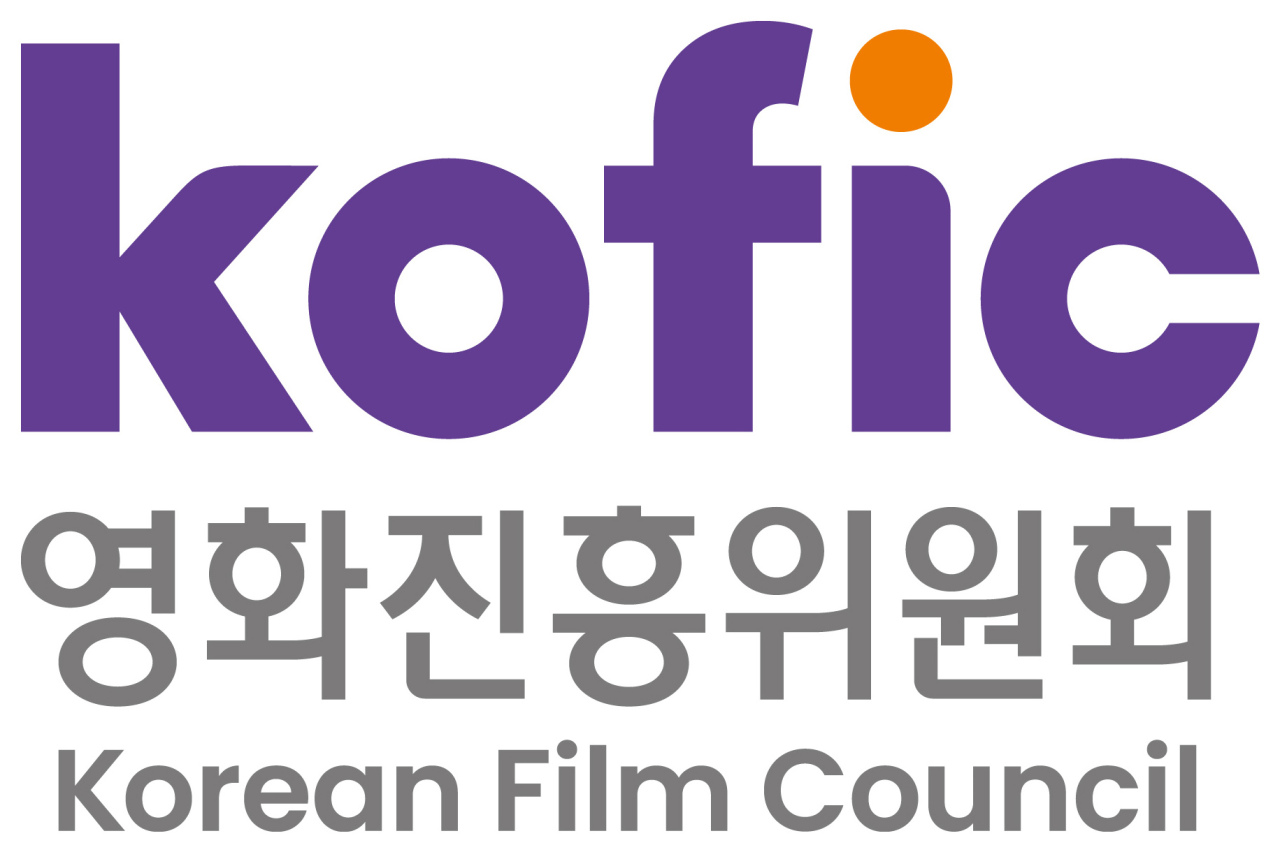State film council under fire for shoddy probe into film industry blacklist
By Song Seung-hyunPublished : April 2, 2021 - 18:14

The Korean Film Council’s investigation into blacklisting of film industry figures has come under fire for failing to reflect victims’ voices and not dealing with all major cases.
Filmmakers immediately condemned the investigation results presented during a briefing on March 9 and launched a petition drive calling for a reinvestigation.
The blacklist refers to a list of nearly 9,300 artists or groups who were unfairly excluded from government subsidies and support or who were surveilled during the previous Park Geun-hye and Lee Myung-bak administrations.
Names of some of the country’s best-known directors, including Oscar winner Bong Joon-ho, former culture minister and multiple-award winning Lee Chang-dong and internationally acclaimed Park Chan-wook were on the blacklist.
In April 2018, former KOFIC Chairman Oh Seok-geun officially apologized for taking part in creating the blacklist of cultural and arts figures. He added that the film promotion body would reform itself and, the following month, launched a special committee within KOFIC to investigate the blacklist scandal and come up with ways to prevent the recurrence of such acts.
After the recent briefing held by KOFIC’s special committee, individuals and groups representing the local filmmaking industry started a petition drive asking for filmmakers’ solidarity in raising awareness about alleged problems with KOFIC’s blacklist investigation. The petition also urges KOFIC to discard the current investigation report and form a new committee to properly conduct the investigation.
“We started the petition because the results of the investigation presented by the KOFIC’s special committee were shockingly inadequate and cannot be viewed as normal investigation results,” Won Seung-hwan, director of the Indie Space cinema in Seoul, who took part in organizing the petition, told The Korea Herald.
As of Friday, 194 groups and individuals had signed the petition, according to its organizer Mediact.
“Many filmmakers, artists and organizations are joining the petition,” Won said. He added that some filmmakers who were blacklisted in the past had told him they are hesitant to join publicly because they are afraid of similar retribution in the future.
“If KOFIC carried out its investigation properly over the past three years, the victims would not have to worry about becoming victims again,” Won said.
Critics of KOFIC claim that the special committee did not look thoroughly into all blacklisting that occurred from 2013 to 2016.
“The KOFIC special committee’s briefing talked only about cases of discrimination that occurred when supporting independent film production in 2014, providing post-production technical support for independent films in 2016 and providing artistic film production support in 2015,” the petition says.
The petition also says that even the few cases the committee did look into, it did not do so adequately.
“The cases that KOFIC looked into entirely overlapped with the cases that the Ministry of Culture, Sports and Tourism had already investigated and on which it had published a white paper,” the petition reads. “There are barely any new facts in the report presented by the KOFIC’s special committee.”
According to Won, KOFIC had sent an official letter to participants of the briefing who pointed out the problem and said the organization had made a mistake when listing the cases.
The explanation is not acceptable, Won said, adding that it is hard to understand that this is the result of a 2 1/2-year investigation.
The petition also points out that KOFIC did not sufficiently communicate with victims.
Last year, Won suggested the KOFIC task force team in charge, which was newly formed in March 2020, hold a meeting to share the progress of the investigation in a transparent manner as the victims had long been waiting for the result.
“Our suggestion was rejected,” Won said.
The last time the KOFIC communicated with the victims was in October 2019. KOFIC at the time held a discussion to talk about the KOFIC’s special committee investigation.
According to Won, head of the KOFIC special committee Joo Yoo-shin announced a plan to publish a white paper in January 2020 during the discussion.
“But unfortunately, no white paper was published in 2020, and there was no briefing about the investigation,” Won said.
KOFIC said it was well aware of these criticisms and admitted there had been problems.
“We will identify the causes and problems regarding the special committees’ insufficient investigation and conduct an investigation with a victim-centered mindset as soon as possible,” a KOFIC official told The Korea Herald. “We will conduct the investigation transparently and do our best to come up with a plan to improve the system.”
By Song Seung-hyun(ssh@heraldcorp.com)











![[Today’s K-pop] BTS pop-up event to come to Seoul](http://res.heraldm.com/phpwas/restmb_idxmake.php?idx=644&simg=/content/image/2024/04/17/20240417050734_0.jpg&u=)






![[KH Explains] Hyundai's full hybrid edge to pay off amid slow transition to pure EVs](http://res.heraldm.com/phpwas/restmb_idxmake.php?idx=652&simg=/content/image/2024/04/18/20240418050645_0.jpg&u=20240419100350)

